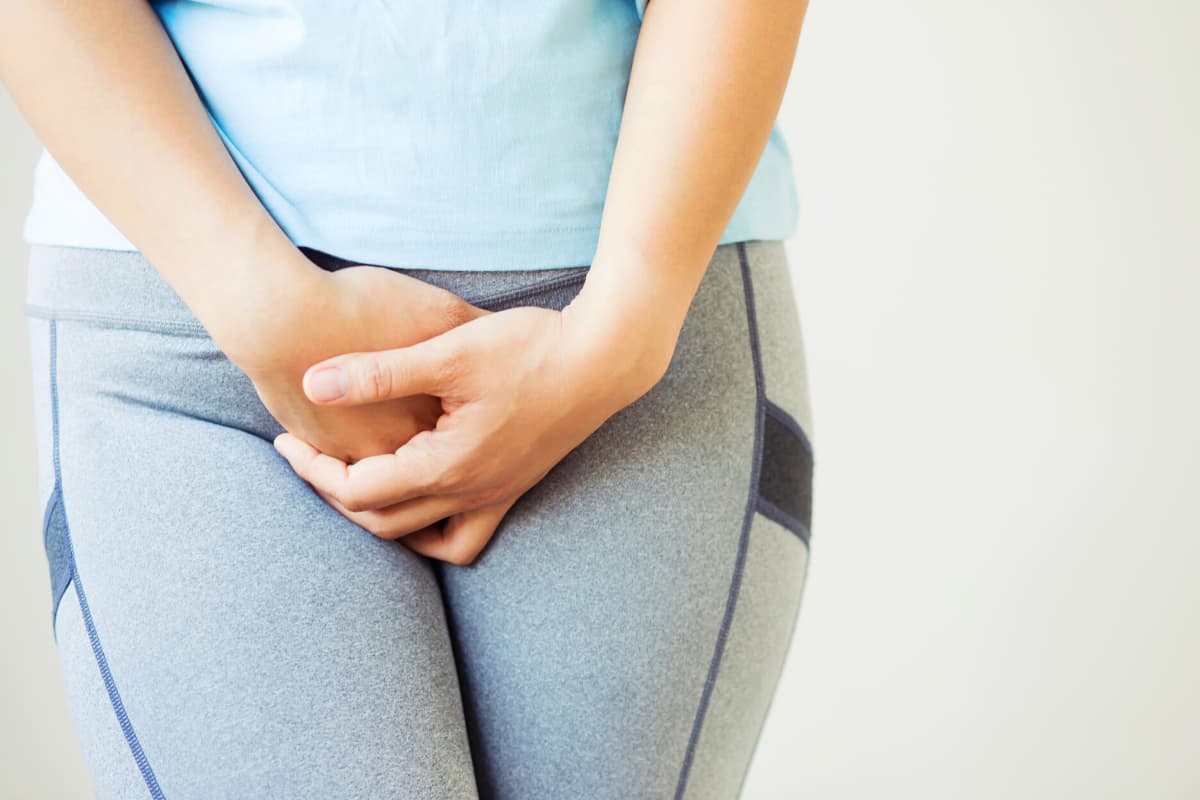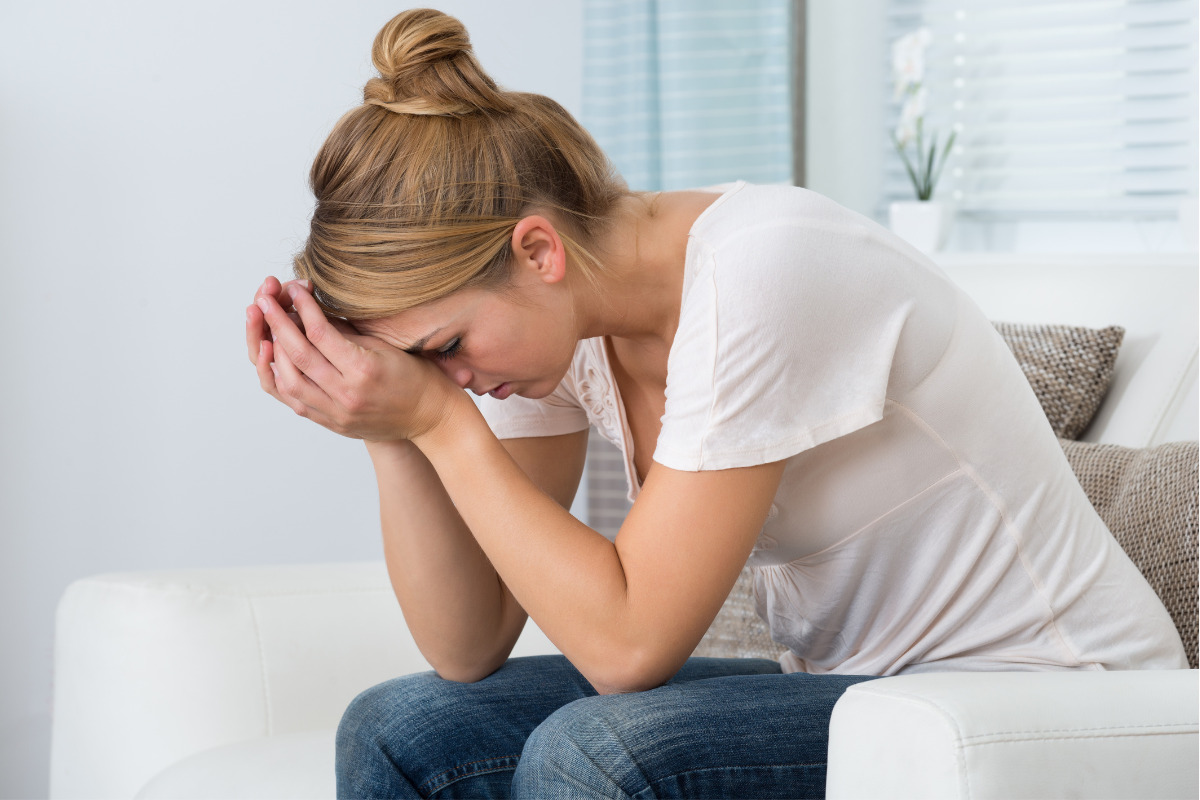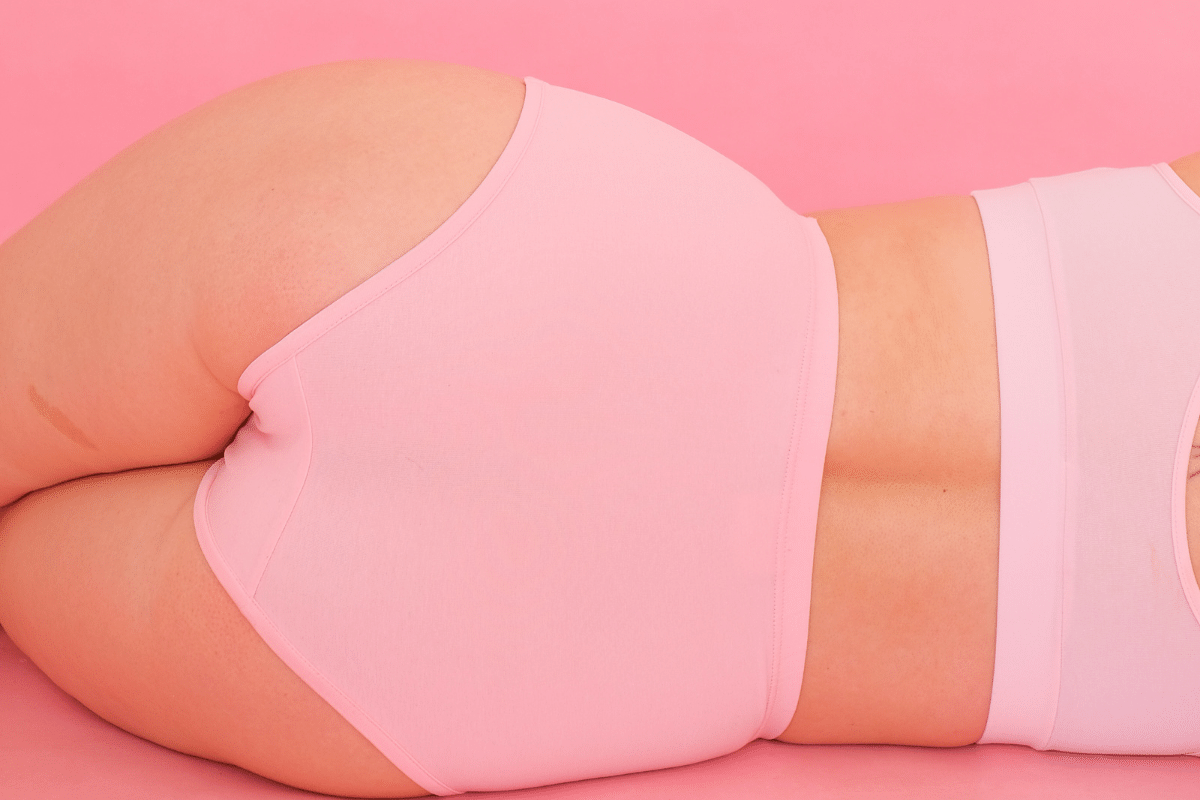Menopause and Vaginal Itching

There are many symptoms we experience in menopause, and vaginal itching is one of the more irritating ones. Most women will experience something called the Genitourinary Syndrome of Menopause (GSM), a collection of symptoms that includes:
- Vaginal itching
- Vulvar itching
- Vaginal dryness
- Decreased vaginal lubrication during sex
- Pain or discomfort during sex
- Light bleeding after sex
- Vaginal discharge
- Pain or burning in the vagina
For many women, symptoms worsen in postmenopause. In fact, fifty to seventy percent of postmenopausal women have GSM to some degree.
What Causes Vaginal Itching in Menopause?
There are several possible causes of vaginal itching, including vaginal dryness, irritation, yeast infections, sexually transmitted infections, certain skin conditions, nerve damage, and vulvar cancer.
GSM is caused by low estrogen, as so many menopause symptoms are. One of estrogen’s jobs in the body is stimulating the cervix to produce vaginal secretions, and when estrogen is low, the vagina loses lubrication. Dryness causes a thinning of vaginal membranes, which leaves your tissues more vulnerable to damage and irritation. The vagina and surrounding areas can then become itchy and inflamed. Your risk of developing vaginal and urinary infections also increases.
Other sources of irritation may be products that irritate sensitive skin, chafing and friction from undergarments, or even latex condoms, which some people are allergic to. Read on to find out how to care for your vagina and reduce your risk of irritation.
What Helps Vaginal Itching During Menopause?
The treatment for vaginal itching depends on the cause. The most effective treatment for vaginal dryness in menopause is hormone therapy (HT). It stands to reason that if low estrogen causes vaginal itching, boosting your estrogen level will minimize or even eliminate it. Research shows that this is indeed the case, with HT eliminating symptoms of GSM in seventy-five percent of cases.
If you prefer an alternative to systemic hormone therapy delivered through a pill or patch, vaginal estrogen is an option. Experts agree that low-dose non-systemic vaginal estrogen applied twice a week to the vaginal area can improve vaginal itching and dryness and is considered very safe. Vaginal estrogen can be applied as a cream, a ring, or a suppository tablet.
Another option for people who can’t use estrogen for medical reasons is Dehydroepiandrosterone (DHEA) vaginal suppositories. Studies show that DHEA is an effective estrogen-free way to manage the vaginal symptoms of menopause.
A new treatment for the vaginal symptoms of menopause is laser therapy. The laser stimulates the growth of new collagen in the vaginal walls, slowing the progression of vaginal atrophy and improving vaginal dryness. However, a recent review of laser therapy had mixed results, and experts call for more rigorous studies.
Natural Remedies for Vaginal Itching
There are plenty of non-medical remedies for vaginal itching in menopause. Itching caused by vaginal dryness can be improved by adding moisture to the area. There are vaginal moisturizers available that, when applied every few days, can soothe and protect your irritated vaginal tissues. Often, this option is recommended first to see how well it works before progressing to prescription medication.
Water-based lubricants can be a game-changer in menopause. They are short-acting but improve pain and itching during sex, and menopausal women who use them tend to have sex more frequently than those who don’t. Interestingly, research suggests that for some women, having sex more frequently can actually improve their vaginal health and lessen vaginal symptoms during menopause.
Eating phytoestrogen-rich foods (like soy, nuts, legumes, whole grains, and flax and sesame seeds) may offer some relief from the vaginal symptoms of menopause. Study results have been inconsistent, but there is no harm in adding phytoestrogen-rich foods to your diet and seeing if they benefit you.
Regular pelvic floor exercises might help your vaginal symptoms by improving circulation. The theory is that the more blood flow you have to the vaginal area, the healthier your vaginal tissues will be. More research is needed to determine if pelvic floor training is a consistently effective treatment for vaginal atrophy and dryness. If pelvic floor therapy is of interest, make sure to find a physical therapist that specializes in the pelvic floor.
What Not to Do
It is imperative to avoid soaps, douching, steaming, and other products marketed to clean the vaginal area, as well as scented panty liners and pads. The experts all agree that your vagina is like a self-cleaning oven. It can clean itself on its own, and by using products, you may change the delicate balance of healthy bacteria.
Some amount of vaginal discharge is healthy and provides natural lubrication. If you experience a significant change in the volume, color, or odor of discharge, talk to your healthcare clinician. A change could be a sign of infection. Vaginitis is any disruption in the vaginal microbiome that causes bacterial vaginosis (BV), yeast infections, and trichomonas. BV is quite common among menopausal women, whether you are sexually active or not.
Get Relief
Vaginal itching and dryness are common symptoms of menopause, but many women don’t mention what they’re experiencing to their healthcare clinician because of embarrassment or because they think it’s a normal part of aging. Don’t let these issues be a barrier to keep you from getting help with your symptoms.
There’s no need to suffer through the constant irritation of vaginal itching when there are so many approaches you can take to improve or resolve it. Itching and discomfort simply do not have to be a part of your life going forward. Improve your quality of life in menopause by prioritizing vaginal health.
Looking for more expert support on menopause symptoms? Download Midday from the App Store or visit us at Midday.Health.
Jennifer Turkyilmaz, RN, BSN, is a medical writer who worked for many years in women’s health as a high-risk pregnancy nurse. She is also a newly menopausal woman who wishes she had known more about what to expect before it happened to her.
Sign up for more unique women’s health content
By submitting this form, you agree to the Lisa Health Privacy Policy and Terms of Use

